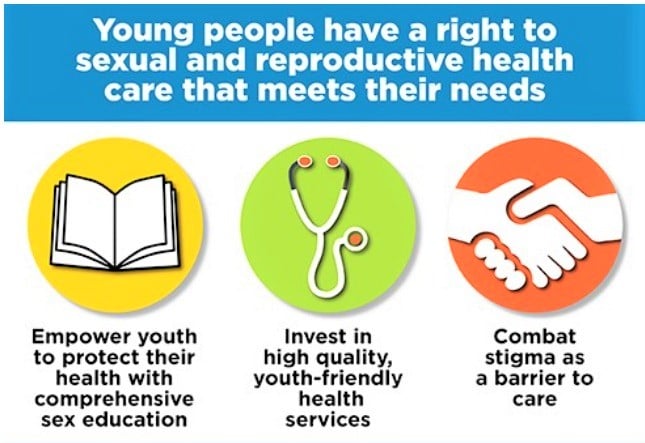By Agency A non-governmental organisation,the South Sahara Social Development Organisation, has sensitised over 200...
Health
By Agency The Registrar of the Medical Rehabilitation Therapists Board of Nigeria, Prof. Rufai...
Bankole Taiwo A teacher with the Olokinne High School, Ojowo, Ijebu Igbo in Ijebu...
By Sodiq Ojuroungbe Excessive use of smartphones by children and teens could negatively affect...
By Chijioke Iremeka Senior medical and nutrition experts say malnutrition could lead to antibiotic...
By Agency The Cross River State Commissioner for Women Affairs, Mrs Edema Irom, stated...
By Agency Report The Minister of Environment, Abass Balarabe, has expressed optimism about the...
By Angela Onwuzoo A non-governmental organisation, Youth Development and Empowerment Initiative has empowered over...
By Agency Stakeholders have called for more funding and male participation in ending Gender...
By Sodiq Ojuroungbe Maternal and child health experts have reiterated the importance of collaborative...














